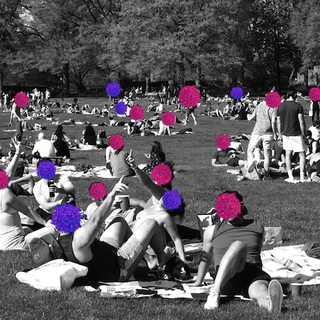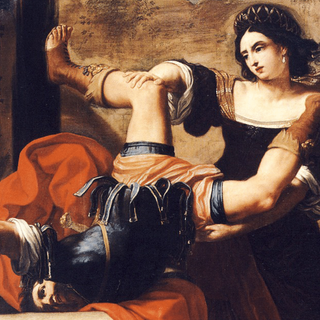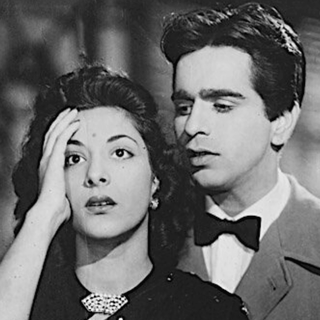On Tuesday, Rihanna created a stir on Indian Twitter after she shared a CNN article about the ongoing farmers’ protests in Delhi (and how the government has cut internet services for protesting farmers), when she tweeted, “why aren’t we talking about this?! #FarmersProtest.” The overall response from Indian Twitter users was one of gratitude and admiration, especially in the wake of government crackdowns that are currently endangering the lives of farmers and journalists reporting on the issue.
Amid this appreciation, however, right-wing bhakts predictably attempted to discredit Rihanna (and the subsequent support her tweet garnered) — flooding her timeline with Chris Brown memes and photos of Rihanna’s battered face following abuse from Brown. Brown had assaulted Rihanna back in 2009, following which he was arrested, tried, and sentenced to community service, counseling, and a restraining order. The ordeal is well-known, as are photos of Rihanna sporting injuries Brown had inflicted on her. Accompanying the memes of her abuser and photos of her abuse were messages like “Respect for Chris Brown restored,” and “I’m sure she must have done something to deserve it.”
Related on The Swaddle:
For Women at the Farmers’ Protests in Delhi, the Farming Laws Aren’t the Only Issue
The relentless onslaught of tweets using Rihanna’s trauma against her reconfirms much of what we already know about ideological IT cell social media tactics — that they often, willingly, and gleefully aim to traumatize people who speak up on behalf of social movements the government is trying to suppress. When the people speaking up happen to be women, the attacks take a particularly misogynistic and dangerous turn.
In Rihanna’s case, her fame makes her trauma public, which serves as particularly appealing ammunition for misogynistic bhakts to show Rihanna her ‘place,’ as a woman who can get punished. It’s nothing new — in a society that puts both the blame for incurring and the onus of healing from trauma on the abused, instead of the abuser, such troll attacks are all too common.
But this particular instance gives us one more opportunity to question our desensitization to online harassment, and the impunity with which ideological trolls come after dissenters on social media. It’s unlikely Rihanna’s one-tweet support will snowball into anything tangible for India’s protesting farmers, or that the vitriol directed at her will touch her in any long-term way, but we need to remember there are thousands who are fighting for the farmers’ cause, who stand to lose their freedoms and their lives, who are also regular targets for this vitriol and the violence it promises. The frequency of attacks against them may make it seem like business as usual in India’s current political climate, but maybe people’s indignation on Rihanna’s behalf — bolstered by the fandom and love she inspires — can make us sustain that indignation for those at home, too.




